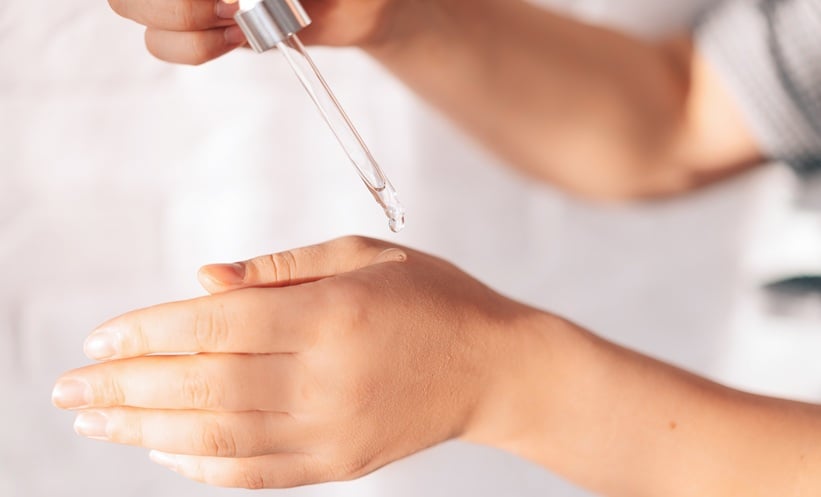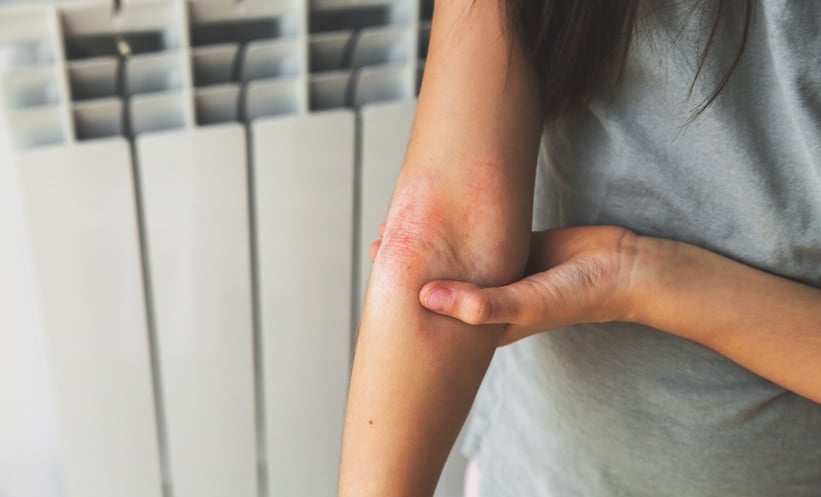SKIN AGEING is a widespread concern, caused by both natural processes and external stressors such as UV exposure and pollution. These factors activate enzymes that degrade collagen, elastin, and hyaluronic acid, leading to dryness, loss of firmness, and the formation of wrinkles. While animal-derived collagen supplements are widely used, they raise concerns over taste, safety, and sustainability. This has driven growing interest in a plant-based collagen alternative that could provide the same skin benefits without these drawbacks.
One promising candidate is Hibiscus sabdariffa, commonly known as roselle. Rich in polyphenols, anthocyanins, and amino acids, it has antioxidant, anti-inflammatory, and collagen-boosting properties. In a randomised, placebo-controlled trial, researchers evaluated VC-H1, a hibiscus enzyme extract, as an oral plant-based collagen alternative for photoaged skin. Over 12 weeks, participants experienced significant improvements in skin hydration, elasticity, wrinkle reduction, and texture compared with placebo.
Oral Plant-Based Collagen Alternative Improves Hydration and Elasticity
Daily supplementation not only enhanced hydration but also reduced transepidermal water loss and improved skin barrier function, effects that became noticeable after six weeks and persisted throughout the study. These outcomes are supported by laboratory findings, where hibiscus extract was shown to inhibit collagen-degrading enzymes and stimulate fibroblast activity, thereby promoting collagen and elastin synthesis.
The study further confirmed that VC-H1 supplementation was safe and well tolerated, with no clinically significant side effects reported. This favourable safety profile, combined with its rejuvenative effects, positions hibiscus extract as a strong contender among plant-based collagen alternatives. Unlike marine or bovine collagen, it avoids issues of odour, allergenicity, and contamination while offering added antioxidant and regenerative benefits.
Although the results are encouraging, the study’s 12-week duration and limited participant diversity mean further research is needed to confirm long-term efficacy across different populations and age groups. Nevertheless, the findings highlight VC-H1 as a promising, evidence-based option for those seeking natural, sustainable approaches to skin rejuvenation.
Reference
Baek Y et al. Hibiscus collagen alternative (VC-H1) as an oral skin rejuvenating agent: a 12-week pilot study. Int J Mol Sci. 2025;26(15):7291.








